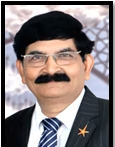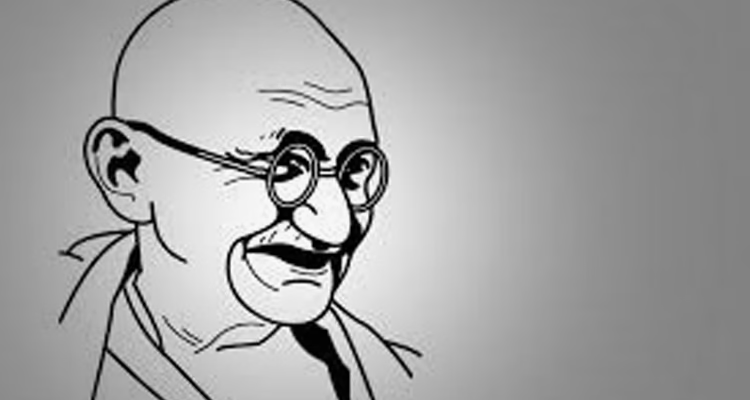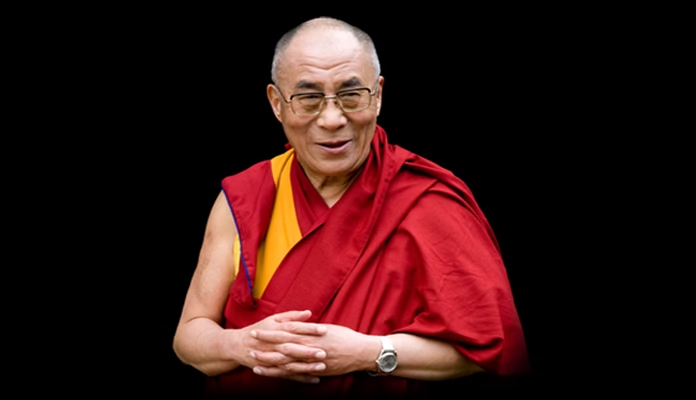Gandhi teachings relevance today
 All over India, the birth anniversary of Mahatma Gandhi, Gandhi Jayanti, is celebrated on 2nd October with great enthusiasm to honor the Father of the Nation, who dedicated his life to India’s independence from British rule. The name of Mahatma Gandhi today transcends the bounds of race, religion, and nation-states, emerging as a visionary voice for the 21st century.
All over India, the birth anniversary of Mahatma Gandhi, Gandhi Jayanti, is celebrated on 2nd October with great enthusiasm to honor the Father of the Nation, who dedicated his life to India’s independence from British rule. The name of Mahatma Gandhi today transcends the bounds of race, religion, and nation-states, emerging as a visionary voice for the 21st century.
Gandhiji has become a role model and an inspirational leader for the youth. Great leaders like Nelson Mandela and James Lawson admired his theory of non-violence in the struggle for freedom and liberty. Gandhi’s lifelong mission was to achieve Swaraj. More than ever before, his teachings remain relevant today—when the world is plagued by rampant greed, widespread violence, and a culture of excessive consumption. His ideology continues to be admired across the globe for its universal and spiritual appeal.
The Gandhian technique of mobilizing people has been successfully adopted by oppressed societies worldwide, under leaders such as Martin Luther King Jr., Nelson Mandela, and many others. Former U.S. President Barack Obama has also acknowledged Gandhi as an inspiration and keeps his portrait in his office. Gandhi expressed his views on every subject—from hygiene and nutrition to education and labor—and tirelessly pursued them through his writings in newspapers. He is remembered not only as a freedom fighter but also as one of the most influential figures in the history of Indian journalism. His ideology is universal and timeless. If it were not effective, the world would never have honored him with the title of Mahatma.
Although Gandhi’s ideas and principles are widely praised, they have not been free from criticism. His teachings, however, resonate with the soul and emphasize moral honesty. Their relevance does not diminish with time, whether practiced or not. Gandhi criticized an education system focused only on theoretical knowledge, stressing instead on practical lessons that encourage active student participation. Gandhism, at its core, is a way of life based on simplicity and non-violence. The new generation still awaits a leader who can help society relearn these moral values and instill in every citizen a sense of responsibility, just as Gandhi did.
The aim of celebrating Gandhi Jayanti is to spread his philosophy and belief in non-violence across the world. Gandhi’s ultimate quest was for righteous conduct. He firmly maintained that the means are more important than the ends—and with the right means, the desired ends would naturally follow.
In today’s times, when communal harmony is crucial for national integration, Gandhi’s emphasis on tolerance and faith-based harmony holds the highest importance. He envisioned a country moving from hostility to harmony, working toward greater understanding among communities.
Albert Einstein famously said of him:
“Generations to come will scarce believe that such a man as this ever walked this earth in flesh and blood.”
This tribute was given after Gandhi was assassinated on January 30, 1948, an event that shocked the world as if another Christ had been crucified. Gandhi’s unorthodox methods and transparent sincerity struck a chord in the hearts of common people. At the time of his passing, India’s first Prime Minister Jawaharlal Nehru paid him an immortal tribute:
“The light has gone out of our lives.”
Gandhi inspired millions and left behind a legacy of greatness and moral strength. He was not only the leader who gave India freedom but also a social reformer who ushered in moral regeneration among his people. Rarely are such men born in history.
For Gandhi, the ultimate aim of the freedom struggle was not merely the overthrow of British rule but the establishment of true Swaraj in India—a self-rule rooted in justice, equality, and morality. Today, the world community continues to endorse his vision of resolving conflicts through peaceful means, whether at the regional, national, or international level.
(Written by Vinod Chandrashekhar Dixit)





